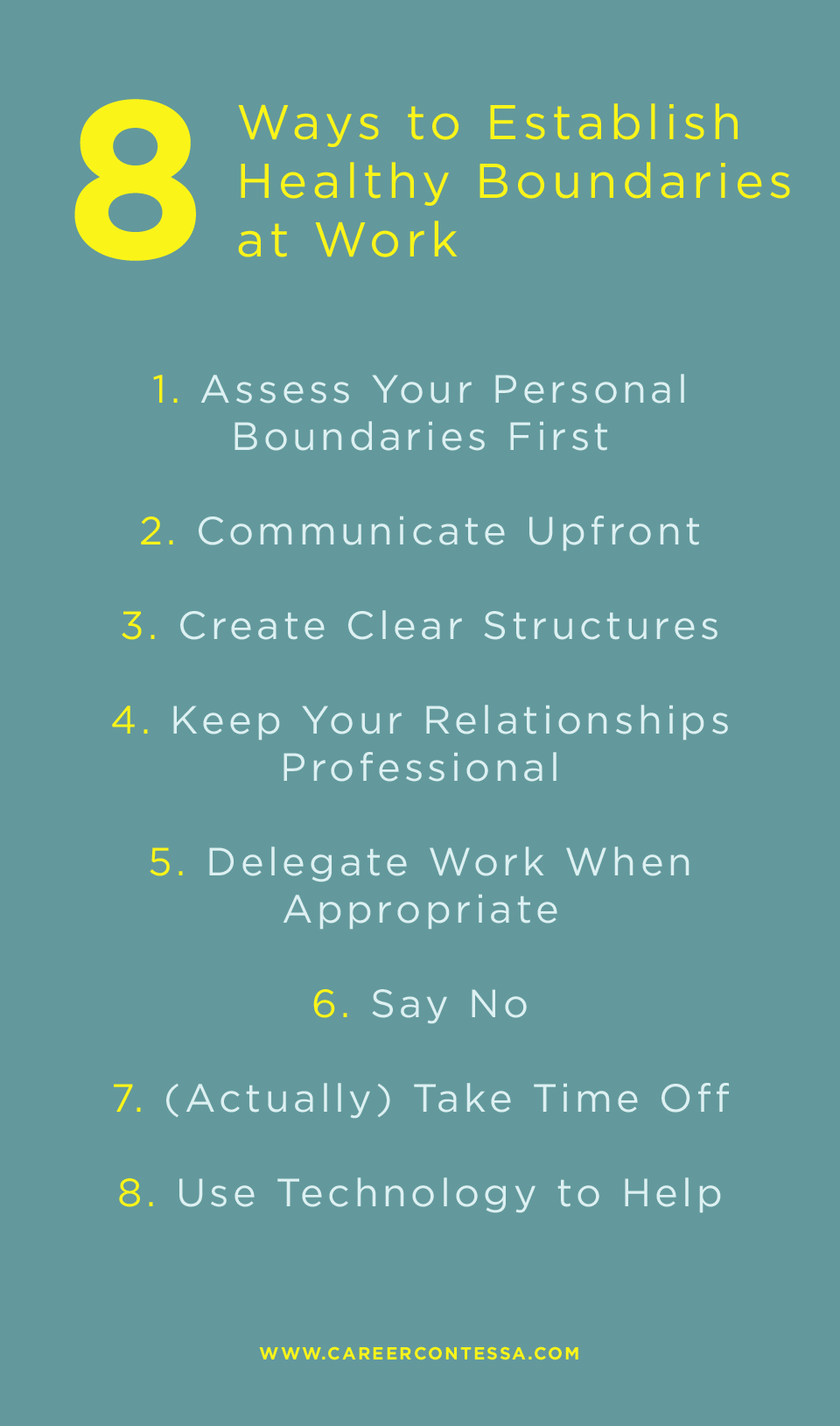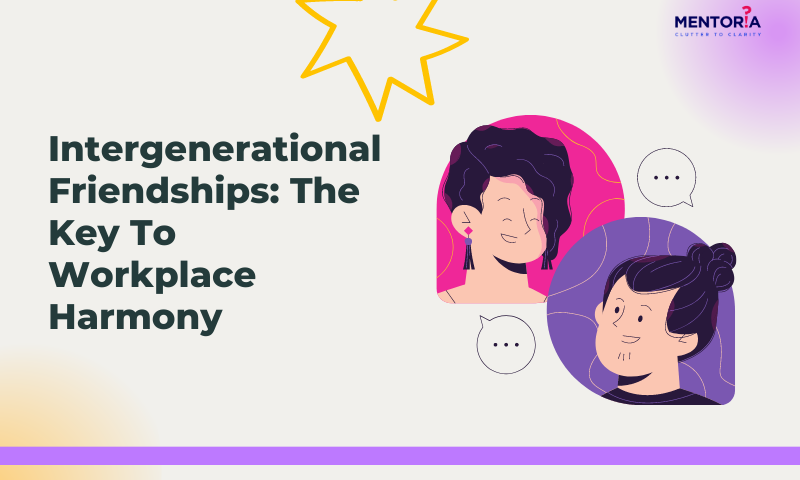Building Meaningful Friendships at Work

Building Meaningful Friendships at Work: A Guide for Middle-Aged Professionals
As we navigate our careers, often spending a significant portion of our lives at work, building meaningful friendships in the workplace can be incredibly rewarding. For middle-aged individuals, these friendships not only enhance job satisfaction but also contribute to overall well-being and career success. In this article, we will explore the benefits of workplace friendships, strategies for forming them, and how they can positively impact your professional and personal life.

Why Workplace Friendships Matter
Workplace friendships are often underestimated, yet they play a crucial role in creating a positive work environment. Here are some key reasons why they matter:
-
Emotional Support and Belonging: Friends at work provide emotional support, validation, and a sense of belonging, which are essential for mental health and job satisfaction .1 .3.
-
Improved Productivity and Collaboration: Teams with strong interpersonal relationships tend to be more productive and collaborative, leading to better job performance and organizational outcomes .6 .8.
-
Employee Retention: Employees with workplace friendships are more likely to stay with their current employer, reducing turnover rates and associated costs .2 .9.
-
Career Advancement: Having friends at work can lead to increased opportunities for mentorship, networking, and career advancement .11.

Strategies for Building Meaningful Friendships at Work
Building meaningful friendships requires effort and intention. Here are some practical strategies tailored for middle-aged professionals:

1. Be Genuine and Approachable
-
Authenticity: Be yourself and let your personality shine through. Authenticity is key to forming genuine connections .4.
-
Openness: Be open to new connections and willing to engage with colleagues beyond work-related topics.

2. Find Common Ground
-
Shared Interests: Engage in conversations about shared hobbies or interests outside of work. This can be a great starting point for deeper connections .4.
-
Career Aspirations: Discuss career goals and aspirations to build a supportive network.

3. Participate in Social Activities
-
Team Events: Attend company outings, team lunches, or after-work gatherings. These informal settings foster casual interactions and help build personal connections .5 .7.
-
Volunteer Together: Participate in volunteer activities or join a company-sponsored club to create shared experiences.

4. Practice Active Listening and Show Appreciation
-
Listen Actively: Show genuine interest in your colleagues’ lives and perspectives. Active listening builds trust and strengthens bonds .13.
-
Express Gratitude: Acknowledge and appreciate your colleagues’ help and support. A simple “thank you” can go a long way in nurturing friendships .13.

5. Maintain Professional Boundaries
-
Respect Boundaries: Ensure that friendships do not interfere with work priorities or responsibilities. Maintain professional conduct and uphold ethical practices .4.
-
Avoid Favouritism: Be mindful of sensitive work information and avoid gossip or discussing confidential matters outside appropriate channels.

Navigating Challenges in Workplace Friendships
While workplace friendships offer numerous benefits, they can also present challenges:
-
Favouritism and Conflicts: Be aware of potential favouritism and conflicts that may arise from close friendships. Handle disagreements respectfully and professionally .10.
-
Balancing Work and Friendship: Ensure that friendships do not blur professional lines or impact work performance negatively .10.

The Impact of Remote Work on Workplace Friendships
With the rise of remote work, forming and maintaining friendships can be more challenging:
-
Virtual Interactions: Utilize video conferencing and online platforms for regular interactions. Create virtual spaces for casual conversations to foster connections .5.
-
In-Person Meetups: Organize occasional in-person meetups when possible to strengthen online relationships .5.

Generational Differences in Workplace Friendships
Different generations may approach workplace friendships differently:
-
Gen Z and Millennials: These younger generations often value workplace friendships highly and are more likely to stay in jobs due to friendships .2 .14.
-
Gen X and Baby Boomers: While still valuing friendships, these groups may have different expectations and approaches to forming and maintaining relationships at work .12.

Conclusion
Building meaningful friendships at work is a valuable investment in your career and personal well-being. By being genuine, finding common ground, participating in social activities, and maintaining professional boundaries, you can foster strong relationships that enhance job satisfaction, productivity, and overall happiness. As a middle-aged professional, cultivating these friendships can lead to a more fulfilling work experience and contribute positively to your life beyond the workplace.
Additional Tips for Bloggers:
-
Engage with Your Audience: Encourage readers to share their experiences with workplace friendships in the comments section.
-
Use Real-Life Examples: Include personal anecdotes or case studies to illustrate the benefits and challenges of workplace friendships.
-
Provide Actionable Advice: Summarize key takeaways at the end of the article to help readers apply the strategies in their own lives.
By incorporating these elements, your article will not only inform but also inspire readers to nurture meaningful friendships at work.








